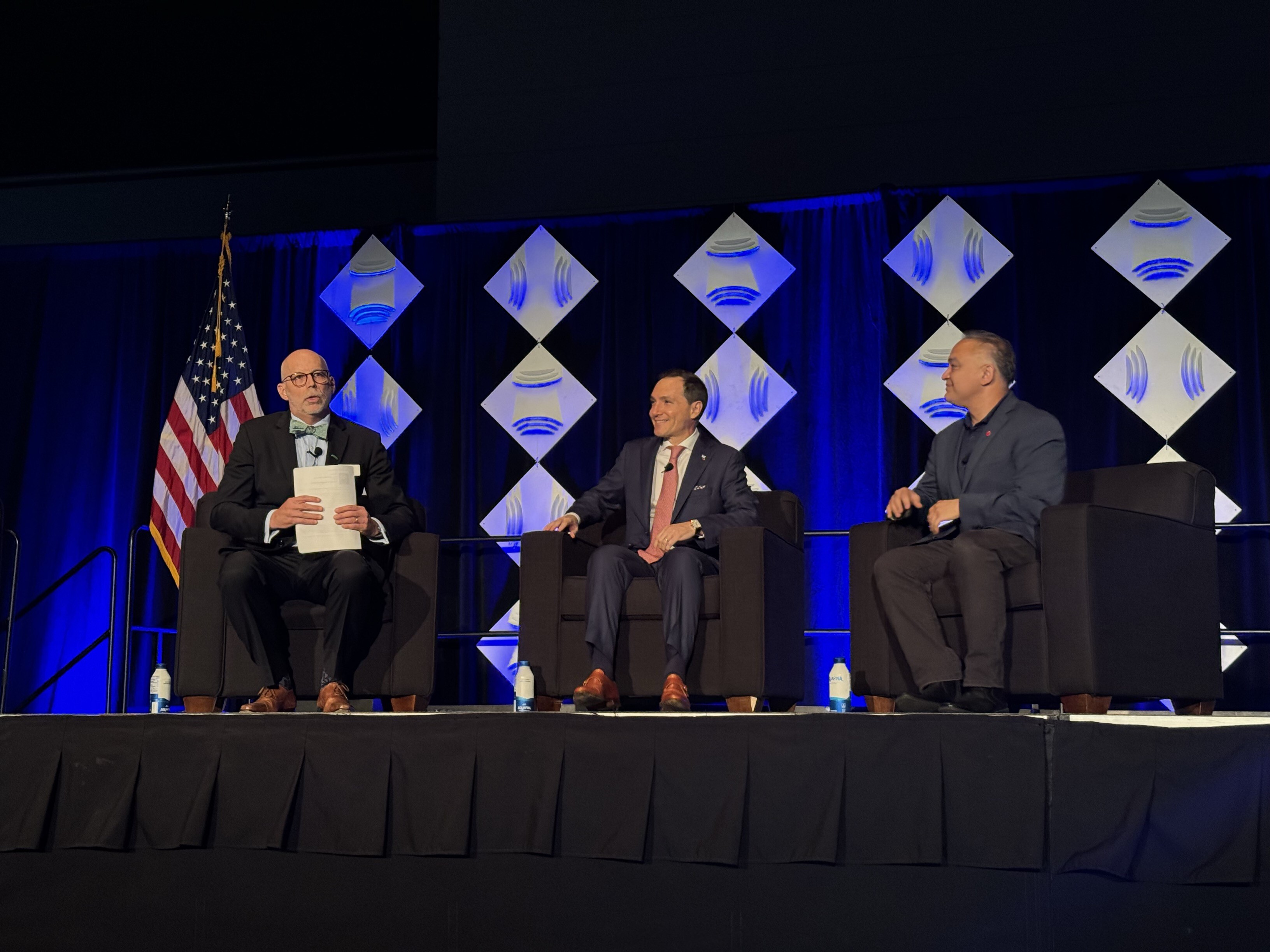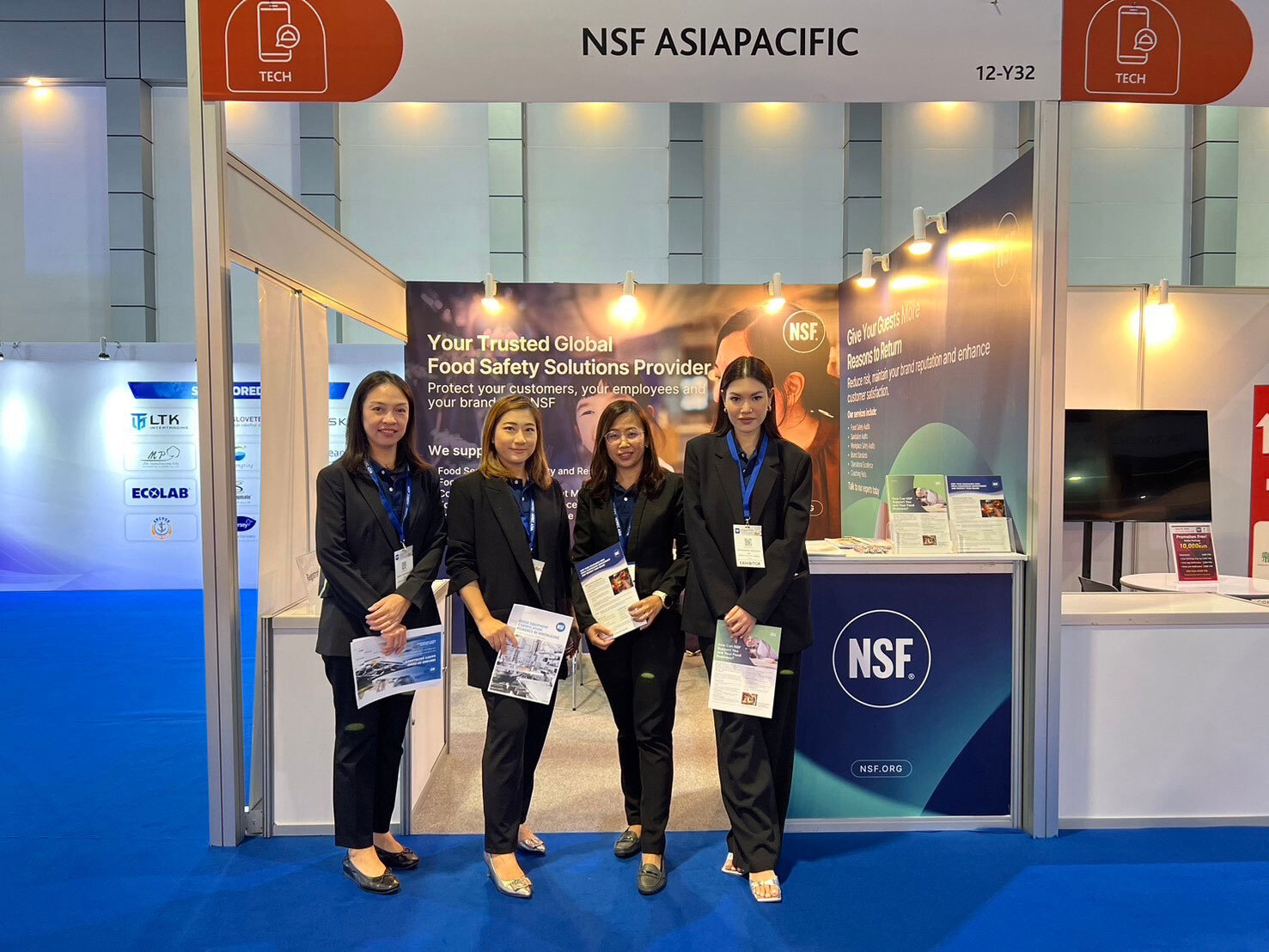California Proposition 65 at NSF: Our Impact and People (Bonus Feature for Women’s History Month)
Over the past few years NSF’s Prop 65* team has been successful in conducting evaluations and analyses for a variety of product types including consumer and retail, nutritional, water and wastewater, sustainability, and many others. Most of our assessments have been proactive, with clients coming to NSF in support of their Prop 65 compliance, not in response to active litigation.
While most companies seeking our services are somewhat familiar with the regulation, we do, on occasion, encounter those who have no knowledge or experience on the topic. Through our dedicated account managers, strategic relations/outreach, and webinars, we’ve had the pleasure of educating and serving the Prop 65 client base on a global basis.
| International Inquiries/Projects | |
|---|---|
| Australia | Korea |
| Canada | Mexico |
| China | New Zealand |
| Costa Rica | South Korea |
| Denmark | Spain |
| France | Switzerland |
| India | Taiwan |
| Israel | United Kingdom |
| Italy | United States |
| Japan | Vietnam |
Meet the Team: Our Leading Women
NSF’s toxicology team is comprised of some of the most talented and dedicated minds the organization has to offer. In honor of Women’s History Month, we’re celebrating the women of the core Prop 65 team. Get to know them below!
Amanda Phelka, Ph.D., Director of Toxicology
Amanda is a toxicologist with more than 20 years of experience conducting and evaluating studies assessing chemical exposure and human health risk. She has served as NSF’s primary liaison for internal and external stakeholders for all toxicology, risk assessment and human effects evaluation needs since 2012. In other roles in NSF’s toxicology services department, she has evaluated several hundred product formulations for established and proposed drinking water treatment chemicals and authored numerous peer-reviewed human health risk assessments evaluating chronic exposure to various unregulated contaminants imparted to drinking water supplies. Previously, she was employed with the human health and environmental consulting firm ChemRisk, where she provided advanced technical and litigation support on a large variety of projects evaluating the health effects of a wide range of chemicals, most notably asbestos, talc, benzene and ethylene oxide.
Amanda holds M.S. and Ph.D. degrees in toxicology from the University of Michigan where her research principally addressed molecular mechanisms of action for neurotoxic nitroaromatic compounds. She has published several peer-reviewed manuscripts, abstracts and book chapters in the fields of toxicology, industrial hygiene and occupational health. Dr. Phelka is a full member of the Society of Toxicology.
Fun fact from Amanda: “If money were no object, I would be a nature photographer.”
Kelly Magurany, M.Sc., DABT, Principal Toxicologist
Kelly has been in her NSF role since January 2018, having spent the 13 prior years in the chemical industry and food sectors. Her experience includes assessing human health impact and regulatory compliance of chemical exposures in both occupational and food contact settings, with emphasis on water, food packaging and food processing chemistries. A Diplomate of the American Board of Toxicology since 2014, Kelly’s expertise includes development of human risk characterizations with derivation of reference concentrations leveraging read-across, application of quantitative structural activity relationships (QSAR) and threshold of toxicological concern (TTC) approaches; and estimates of chemical exposure and intake by dermal, inhalation and oral routes leveraging U.S. EPA, RIVM and other available exposure models.
She has a Master of Science degree in forensic toxicology from the University of Florida at Gainesville and has been an active member of the Society of Toxicology since 2005. She also represents NSF as a member of the Center for Research on Ingredient Safety (CRIS) at Michigan State University, currently serving as the chair of the CRIS Emerging Issues Committee.
Fun fact from Kelly: “Once spent a summer volunteering at an exotic animal rescue helping to take care of artic foxes, raccoons, lynxes, cavies, coatimundis, genets, kinkajous, snakes, a serval, an alligator and a 300-pound cougar!”
Shannon Hamilton, MPH, Associate Toxicologist
Shannon joined NSF’s toxicology department in November 2018. As part of the risk assessment team, her work involves developing drinking water risk assessments and conducting Proposition 65 compliance assessments. Shannon also assists the safer chemistry team by performing chemical hazard assessments for the EPA’s Safer Choice program and supporting cosmetic safety and textile chemistry projects. She has a Master of Public Health degree in environmental quality & health, and a Bachelor of Science degree in neuroscience, from the University of Michigan.
Fun fact from Shannon: “If I hadn’t found toxicology, I would want to be a botanist!”
Sue Ciochon, Toxicology Services Coordinator
Sue joined NSF’s toxicology services department in March 2014. As part of the toxicology support team, her work involves supporting various programs such as food, nonfood compounds, water and Proposition 65 work, focusing on close work with suppliers to obtain information needed for certification/registration purposes. Sue also supports the dietary supplement group by assisting with annual analytical summaries. Sue has a Bachelor of Science degree.
Fun fact from Sue: “Prior to joining NSF, I worked in the medical field as a pediatric respiratory care practitioner at the University of Michigan Mott Hospital specializing in trauma care and neonatal ICU for 14 years.”
Sally Oueis, Toxicology Services Coordinator
Sally joined NSF in December 2015 and briefly worked in the organization’s food supply chain department before joining NSF’s toxicology department in June 2016. As part of the department support team, she is responsible for gathering and processing supplier documentation necessary to conduct product reviews in support of certification and registration programs to assist with preparation of risk assessments such as California Proposition 65 compliance and other health effects evaluations.
She has a Professional Master’s in nutrition science from North Carolina State University and a Bachelor of Science in medical laboratory sciences from the University of New Mexico.
Fun Fact from Sally: “I am bilingual, speaking both English and Arabic.”
*Proposition 65 was enacted as the Safe Drinking Water and Enforcement Act in 1986 to address concerns about consumer exposure to chemicals that may introduce risks of cancer, birth defects, and/or reproductive harm. For businesses with 10 or more employees selling into California, the Prop 65 regulation requires warning to be provided to citizens prior to purchase of any product that may introduce exposure to listed chemicals.
Share this Article
How NSF Can Help You
Get in touch to find out how we can help you and your business thrive.

What’s New with NSF

NSF Shanghai Named Critical Site for NSF/ANSI 455 and NSF/ANSI 173 by ANSI National Accreditation Board
July 26, 2024
NSF Takes Center Stage at NEHA Annual Education Conference
July 25, 2024
NSF Asia Pacific Showcases Hospitality Solutions at THAIFEX HOREC Asia 2024 in Bangkok, Thailand
July 4, 2024